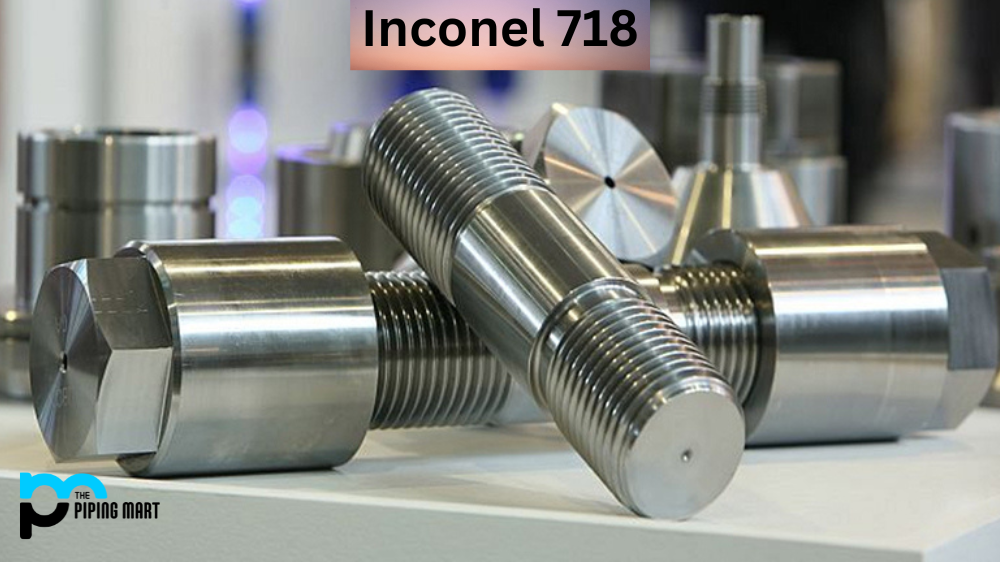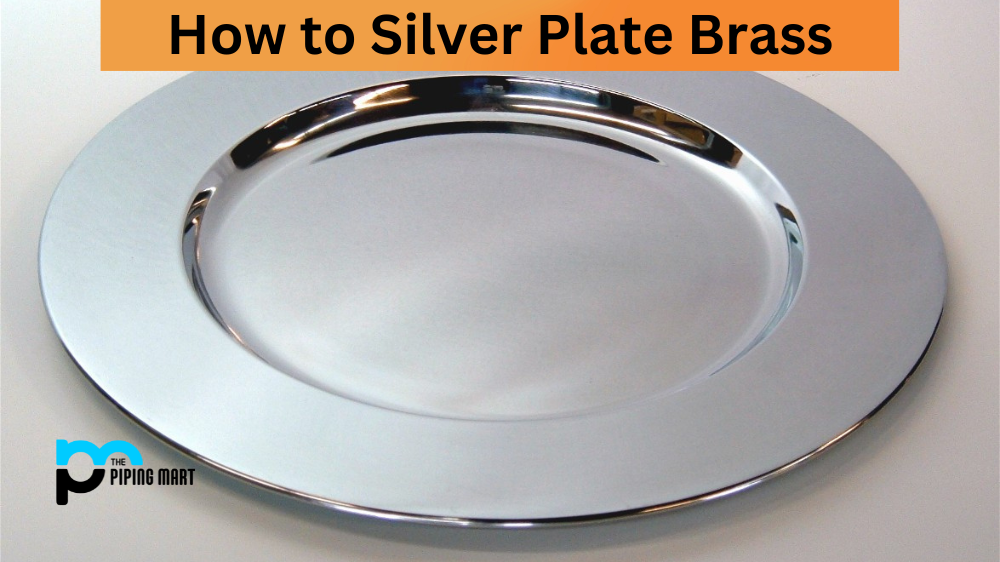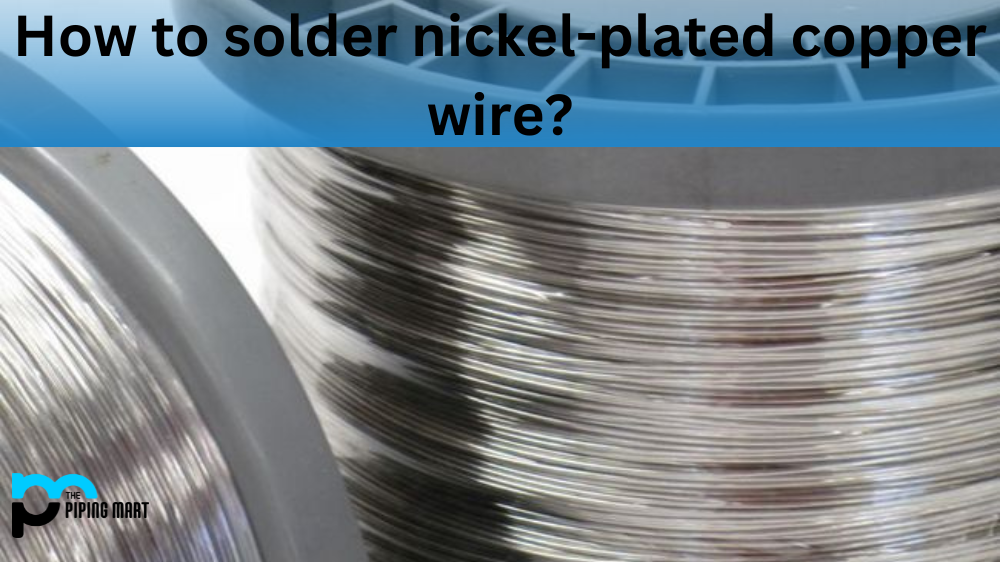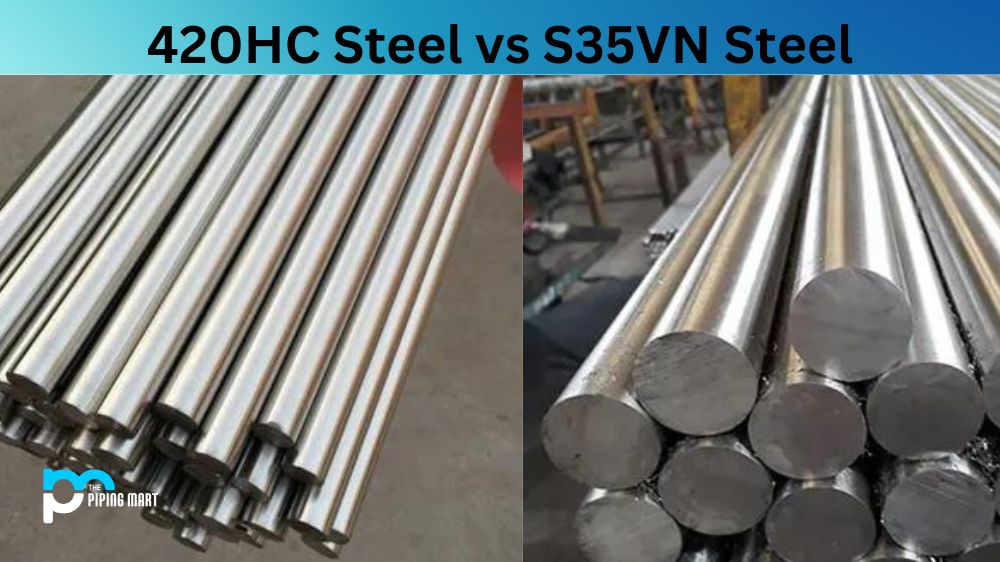Inconel 718 is a nickel-based alloy that offers numerous advantages over other materials due to its unique properties. From aerospace engineering to medical technologies, Inconel 718 can be used for many applications—but it isn’t without its drawbacks. To get the most out of this material, you need to know both the advantages and disadvantages of using Inconel 718. Let’s dive in!
Advantages of Inconel 718
Inconel 718 is a registered trademark by Special Metals Corporation. It belongs to the family of nickel-based superalloys known as “superalloys” or “high-performance alloys.” It has great resistance against corrosion and oxidation at high temperatures and is also very strong, making it an ideal choice for high-pressure applications that require components to withstand extreme heat and corrosive elements. This alloy also exhibits good weldability, which makes it one of the most versatile materials on the market today.
In terms of performance, Inconel 718 is renowned for its excellent fatigue strength, creep resistance, thermal stability, and resistance to stress cracking in chloride solutions—making it a top choice for aircraft parts such as turbine blades and other components exposed to extreme stress or heat. Additionally, its low coefficient of thermal expansion allows components made from this material to maintain their integrity during rapid changes in temperature. This makes it suitable for use in cryogenic systems where components need to maintain structural integrity even when exposed to extremely cold temperatures.
Disadvantages of Inconel 718
The main downside to using Inconel 718 is its high cost compared to other alloys with similar properties. Additionally, although this material has excellent weldability, welding it can be difficult because it tends to form hard, brittle zones around welds due to rapid cooling rates caused by air exposure during welding operations. As such, proper preheating before welding is necessary to avoid cracking problems caused by rapid cooling after welding operations are complete. Additionally, machining this material can be difficult due to its high hardness; special tooling must be used at slow cutting speeds for successful machining operations.
Conclusion
Overall, Inconel 718 offers numerous advantages over other alloys due to its unique properties—but these come with a higher price tag than some alternatives on the market today. While this alloy does exhibit excellent weldability and thermal stability under extreme conditions, one must consider some drawbacks, such as difficulty machining and potential cracking problems when welding, if proper preheating techniques are not employed prior to welding operations. But with proper research into your application requirements and cost considerations are taken into account—Inconel 718 can be an ideal choice for many projects!
Meet Heer, a dynamic and driven writer learning tricks of her trade in the metal industry. With a background in Digital Marketing, Heer brings a unique perspective to her writing, sharing valuable insights. Apart from blogging she like reading and hiking.




